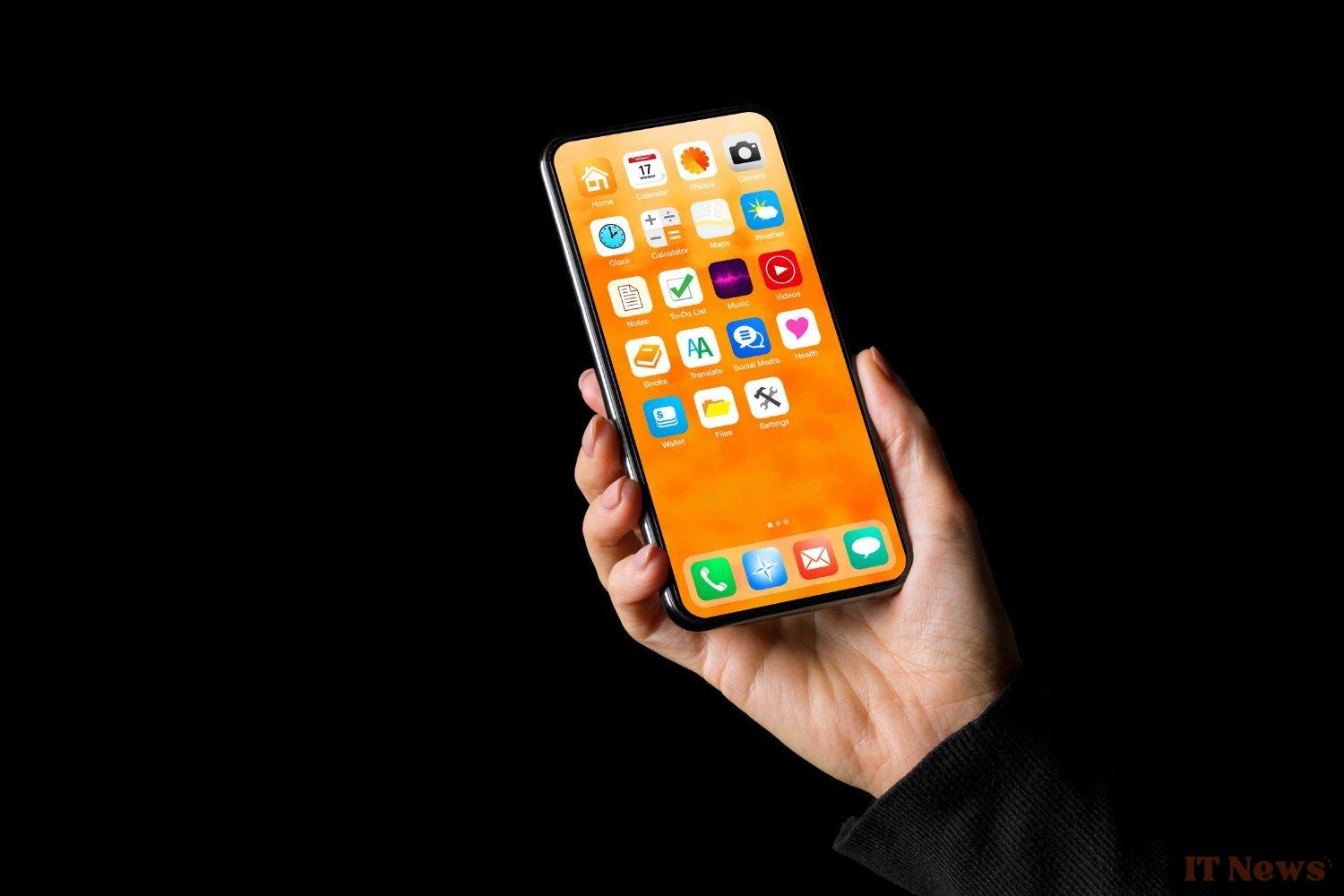If you have an Android phone (Samsung, Google Pixel, Honor, Poco, etc.), it could soon behave in unexpected ways. A major new feature has just been quietly introduced in one of the updates to Google Play Services, which changes a fundamental aspect of Android devices. From now on, if a smartphone remains locked for more than three consecutive days, it will be automatically restarted.
Google is adding this feature for security reasons. It is not without precedent, since Apple has already integrated This kind of mechanism will be applied to its iPhones in 2023. The goal is to complicate the work of those who would try to access the smartphone's data without the owner's consent. This is typically the case in the context of theft or loss of a phone.
The option, now visible in the "Security and confidentiality" section of your settings, is applied automatically without user intervention. In concrete terms, the operating system restarts your device after 72 hours of locked inactivity. While this decision may seem intrusive at first glance, it is part of a much broader strategy to strengthen personal data protection measures.
Your data is protected
You might think this measure does not change anything in terms of security, but it is actually very useful. When a phone is turned off or has never been unlocked since it was turned on, it is in a state called “Before First Unlock”. At this point, almost all stored data is end-to-end encrypted. In other words, it is almost impossible to read or extract anything without entering the user's unlock code.
This is referred to as an “After First Unlock” state when the device has been unlocked at least once since it was turned on. Some portions of the storage then become more vulnerable, even after it is relocked. Automatic reboot, by putting the phone back into the “Before First Unlock” state, therefore acts as a form of security wipe. It permanently prevents access to certain information until the real owner enters their password. It’s a passive, but powerful, mechanism.
Implications for law enforcement
Google hasn’t publicly commented on the official reasons for this change, but the privacy implications are clear. For some, this is a significant step forward in the protection of digital rights. For others, particularly law enforcement, it is another technical obstacle in a context already marked by widespread encryption and the growing refusal to cooperate from digital giants. This technique notably blocks some of their software, such as Cellebrite or Magnet Forensics. They make it possible to force access to certain data, sometimes successfully, by exploiting this less secure window.



0 Comments